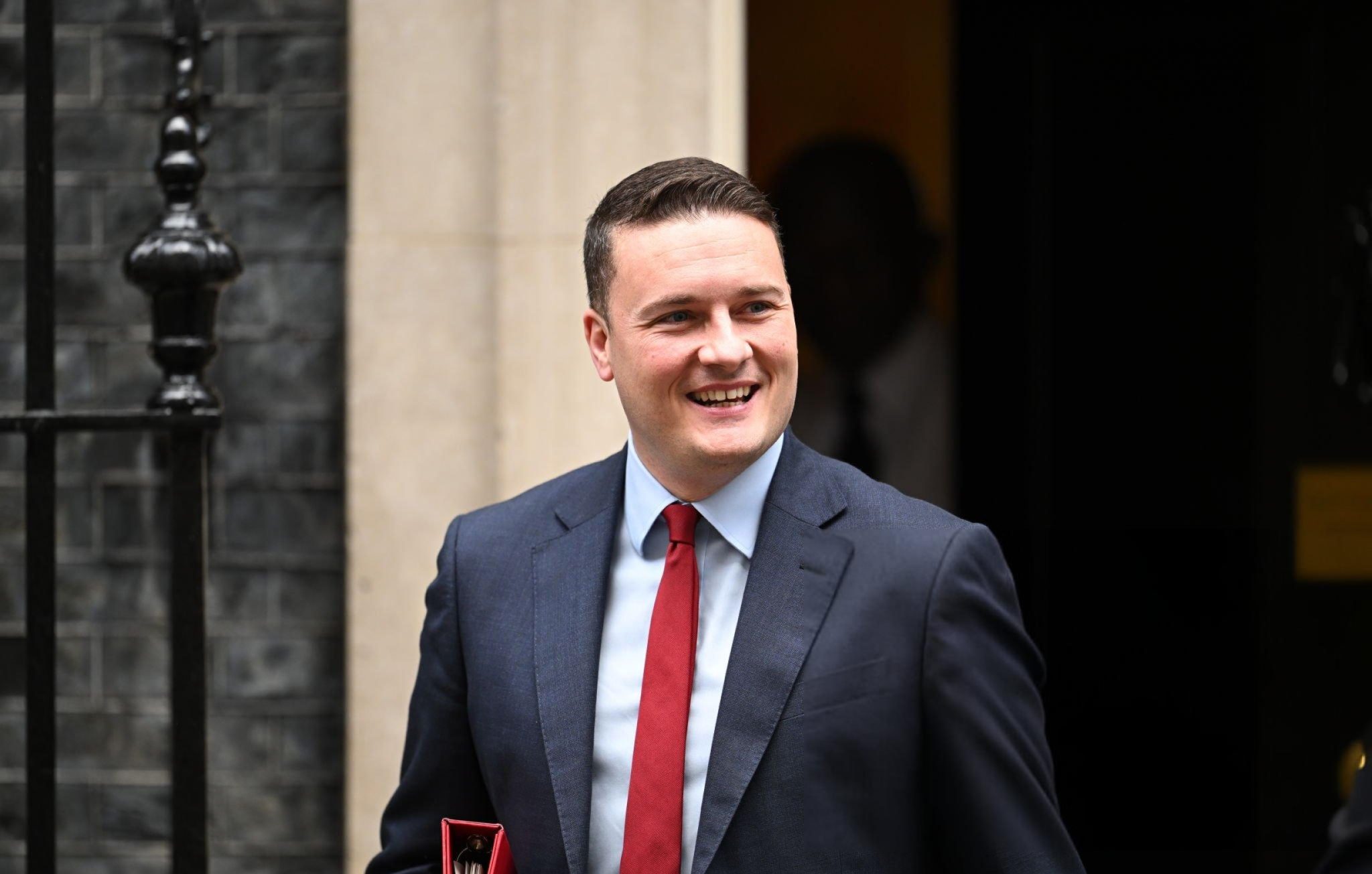Reform UK poses a “real threat” to Labour and is now being treated as a “serious opposition force” in British politics, Shadow Health Secretary Wes Streeting has said, following the party’s surge in local elections.
Nigel Farage’s party stunned both Labour and the Conservatives last Thursday by securing control of 10 councils and winning more than 600 council seats. Reform also clinched victory in the Runcorn and Helsby parliamentary by-election, sending shockwaves through Westminster and challenging the established two-party dominance.
Mr Streeting, speaking on Sunday Morning with Trevor Phillips on Sky News, acknowledged the growing influence of Reform. “It’s definitely a real threat and one that we take seriously,” he said. “There’s clearly a realignment happening on the right of British politics. We don’t yet know whether it’ll be Reform or the Conservatives who pose the greater challenge at the general election, but we must take that threat seriously.”
The Labour frontbencher also argued that Reform UK should receive increased media scrutiny. “In that spirit, Reform does deserve more air time and examination of their policies,” he said. “They’re now being treated like a serious opposition force, and rightly so.”
Asked whether he preferred Reform or the Conservatives as Labour’s main rivals, Mr Streeting joked: “It’s like Alien vs Predator – you don’t really want either to win, but one of them will emerge.”
Meanwhile, Conservative leader Kemi Badenoch admitted Nigel Farage had effectively tapped into public discontent. Speaking to Laura Kuenssberg on the BBC, she said: “He is expressing the frustration felt by many people across the country. But he doesn’t have a record in government like Labour and the Conservatives do.”
Ms Badenoch said she understood why voters had turned away from the Tories, acknowledging the need to “deliver a plan” to win back public trust. “It’s going to be slow and steady. We know we have work to do, and we’re getting on with it.”
Her party colleague, Conservative co-chair Nigel Huddleston, was more dismissive of Reform’s future prospects. “The real test comes when they have to deliver,” he said. “That’s when the shine starts to come off.”
Liberal Democrat leader Sir Ed Davey took aim at both Labour and the Tories for their response to Farage’s party. “Labour and the Conservatives have tried to copy Reform’s policies instead of confronting them,” he told Trevor Phillips. “The way to defeat Nigel Farage is by calling him out.”
Sir Ed likened Farage’s rhetoric to Donald Trump-style populism, claiming the UK public would ultimately reject such approaches. “Recent elections in Canada and Australia show people turning away from hard-right politics. I don’t believe British voters want Trump-style policies or Farage’s brand of politics here,” he said.
As pressure mounts on Labour leader Sir Keir Starmer to re-evaluate his strategy, some within the party are openly urging a course correction. Labour MP Dan Carden said it was “now life or death” for the party’s credibility. “Labour can still be saved if it remembers who it was built for,” he said.
Mr Carden, writing in The Mail on Sunday, called on the party to embrace the “opportunities of Brexit” and proposed transforming half of Britain’s universities into vocational institutions to reconnect with working-class voters.
Elsewhere, backbencher Emma Lewell called for an end to what she described as “unnecessary choices” on issues like winter fuel allowances and welfare reform. “Labour needs a change of plan, not just a plan for change,” she wrote in The Mirror. “We don’t need to swing left or right. We need to stay true to our values – social justice and fairness – and keep our promises.”
With a general election looming, all eyes are now on how Labour and the Conservatives will respond to the unexpected rise of Reform UK – a party that’s no longer just on the fringes, but firmly in the national spotlight.
Would you like a follow-up piece on how Labour plans to counter Reform’s growing influence?






